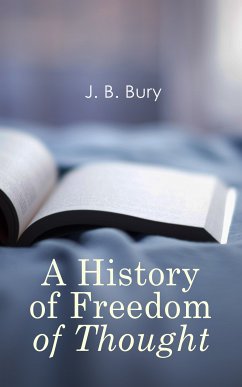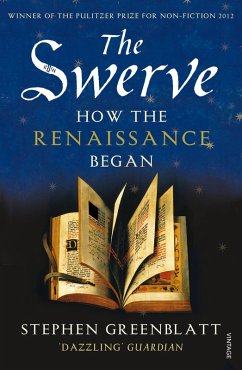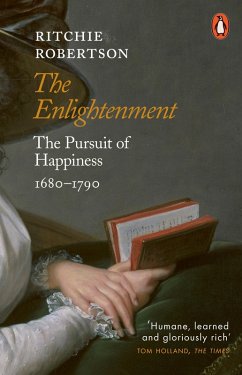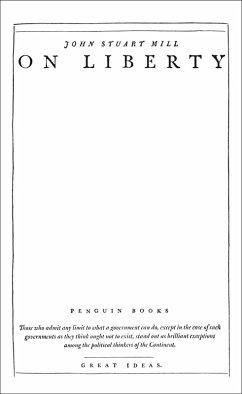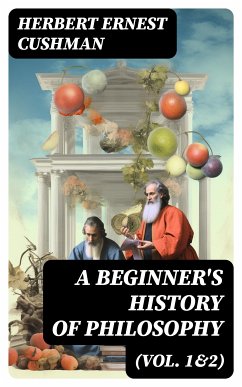
A History of Freedom of Thought (eBook, ePUB)
Versandkostenfrei!
Sofort per Download lieferbar
1,99 €
inkl. MwSt.
Weitere Ausgaben:

PAYBACK Punkte
0 °P sammeln!
In "A History of Freedom of Thought," J. B. Bury meticulously explores the evolution of intellectual liberty from ancient to contemporary times, detailing its philosophical underpinnings and societal implications. Bury's prose is both erudite and accessible, presenting a comprehensive narrative that deftly interweaves historical events with the progression of ideas. The book is situated within the broader discourse on the importance of freedom of thought as a cornerstone of modern democratic societies, unearthing how various epochs have shaped and been shaped by this fundamental concept. J. B....
In "A History of Freedom of Thought," J. B. Bury meticulously explores the evolution of intellectual liberty from ancient to contemporary times, detailing its philosophical underpinnings and societal implications. Bury's prose is both erudite and accessible, presenting a comprehensive narrative that deftly interweaves historical events with the progression of ideas. The book is situated within the broader discourse on the importance of freedom of thought as a cornerstone of modern democratic societies, unearthing how various epochs have shaped and been shaped by this fundamental concept. J. B. Bury, a distinguished historian and philosopher, was deeply influenced by the intellectual currents of the late 19th and early 20th centuries. His rigorous academic background, coupled with his advocacy for rationalism and secularism, informed his analysis of freedom's historical trajectory. Bury's commitment to understanding the interplay between thought and society is evident in his inquiry into the obstacles and triumphs faced by thinkers throughout history, offering invaluable insights into the struggles for intellectual independence. Readers are encouraged to engage with this profound work, as it not only illuminates the past but also provokes critical reflection on the present state of freedom of thought. Bury's synthesis of history and philosophy serves as an essential guide for scholars, students, and anyone interested in the ongoing quest for intellectual autonomy in a world often fraught with dogma.
Dieser Download kann aus rechtlichen Gründen nur mit Rechnungsadresse in A, B, BG, CY, CZ, D, DK, EW, E, FIN, F, GR, H, IRL, I, LT, L, LR, M, NL, PL, P, R, S, SLO, SK ausgeliefert werden.





